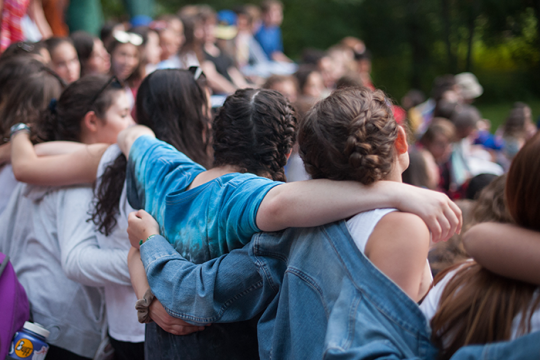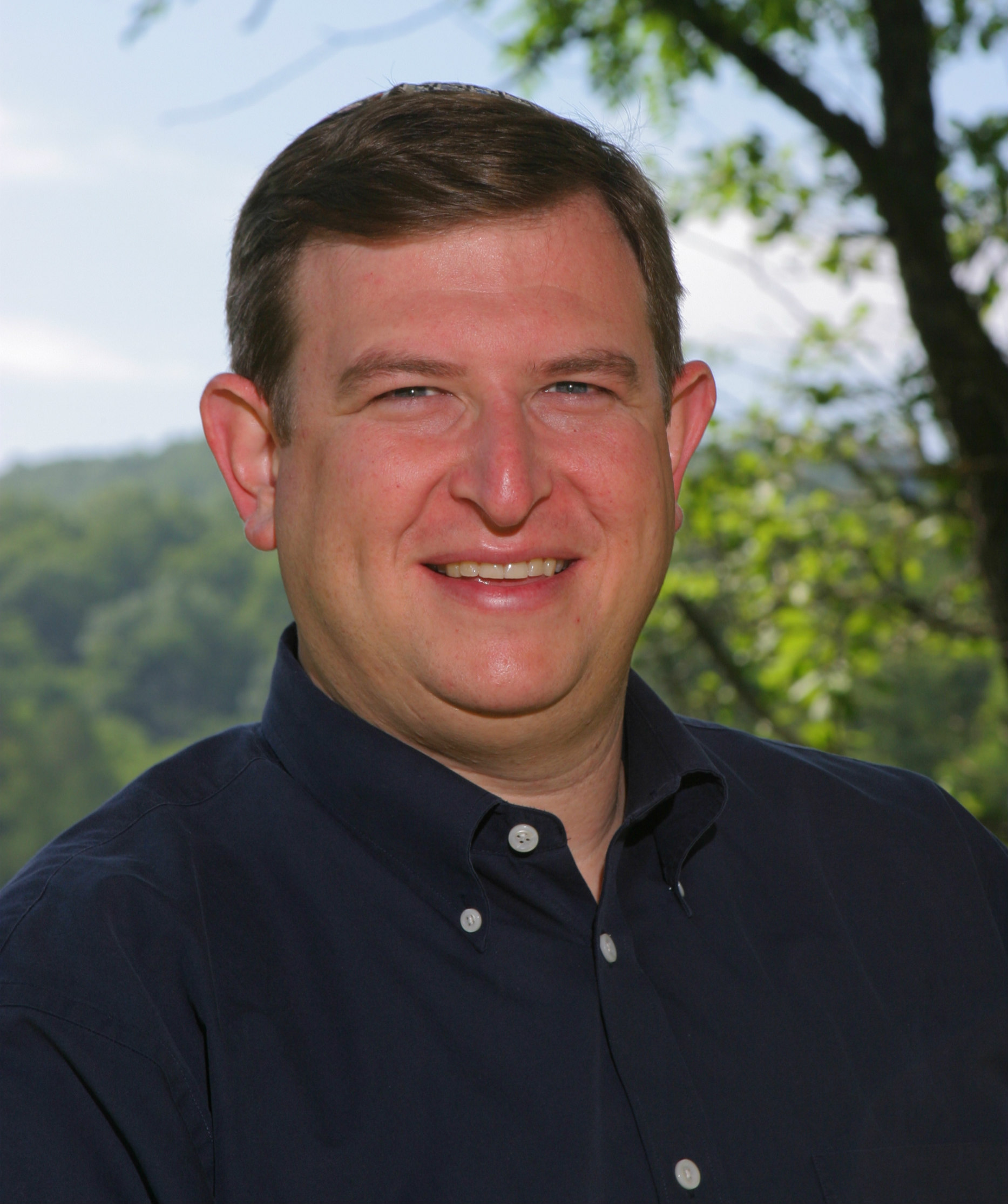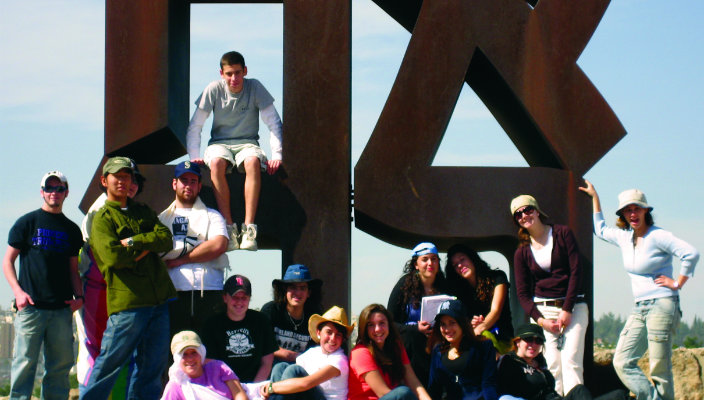
The Journal of Youth Engagement asked 8 authors to respond to a question that’s been on our minds. Read their responses, and let us know what you think.
The concept of home and homeland has been central to Judaism from our very beginnings as a people and as a religion. As a people we are known as Israel, and we also maintain a sacred connection to the place known as Israel. Our relationship with Israel has a long history in our texts, traditions, rituals, calendars and experiences. We want our youth to develop a strong understanding and connection to the land and people of Israel, in part to deepen their relationship to Judaism more broadly.
When it comes to teaching our youth about Israel, how do we foster both a deep love and a nuanced understanding of the issues at the same time? How and when do we teach a view of Israel to our children that embraces her beauty and history, her challenges and shortcomings? How do we equip our youth to learn, to enquire, and to develop their own informed understanding of her complexities? How do we teach the full story while fostering a love for our homeland?
***
When I was a teenager, I had several crushes. I always put the person on a pedestal, at a distance. In time, I learned that crushes generally end in one of two ways:
- You finally meet the “real” person and discover they are human and, therefore, flawed. You are disappointed or angry and distance yourself from them. Or,
- You never allow yourself to meet or get close to the “real” person. They are unattainable and remain on a pedestal, kept at a distance.
I learned about Israel in a “crush-like” way, as a “perfect Israel,” a place where everything was good, right and just. I was not introduced to the “real” Israel, a place with imperfections. The Israel as “crush” approach worked for me. Ultimately, I moved from crush on to deep love with to moving to Israel.
Today, however, the “crush” approach is neither appropriate nor effective. It is impossible to hide Israel’s flaws. Efforts to do so end up being counterproductive. Often, teens taught the perfection narrative end up angry and resentful when meeting the “real” Israel. Some even join the BDS movement.
A new approach to Israel education needs to introduce our youth to both “perfect” and to the “real” Israel in an age-appropriate fashion and at age-appropriate times. We should focus on all that is great about Israel. We cannot, however, ignore the challenges of Israel. To help teens be in a loving, educated, engaged relationship with Israel, we need an approach that focuses on cultural literacy about Israel and multiple experiences and encounters in Israel.
To love Israel, our teens need to...
Know Israel. They need to know facts about our ancient connection to this land, the development of modern Zionism and the State of Israel.
Experience Israel often. Travel to Israel is no longer a once-in-a-lifetime event, and multiple visits to Israel should include the myriad of opportunities to enjoy and struggle with everything the country offers.
Meet Israelis. They should meet and get to know Israeli shlichim (staff), at our URJ summer camps. When in Israel, they should meet all types of Israelis: secular, religious, Jews, Christians, and Muslims
Learn about Israel’s strengths and weaknesses. Built on a strong foundation of Israel cultural literacy and experience, our youth will be confident engaging with Israel on all levels because their engagement will come from a place of love.
My Israel crush was amazing. She had perfectly fried falafel and tea in a Bedouin tent and inspiring speeches in Independence Hall. I love Israel now because I took time to learn and appreciate all she is. My love is stronger for it. By teaching the “real” Israel, the same will be true for our youth.
Rabbi Loren Sykes is the principal of the URJ NFTY-EIE High School in Israel. He was a senior overnight camp director for fifteen years and created Camp Yofi: Family Camp for Jewish families with Children with Autism. Loren and his family made Aliyah in August 2013 and live in Jerusalem.
Have something to say about this post? Join the conversation in The Tent, the social network for congregational leaders of the Reform Movement. You can also tweet us or tell us how you feel on Facebook.
Related Posts
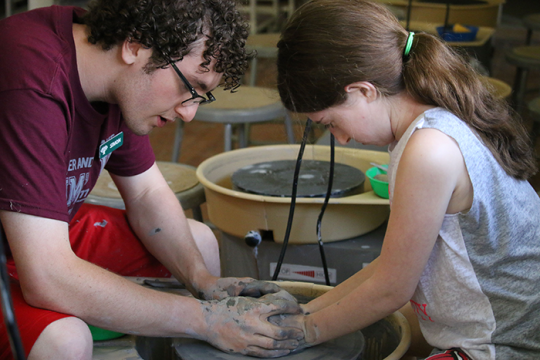
Embracing Jewish Identity, Learning to Lead: The Lifelong Benefits of Working at Summer Camp
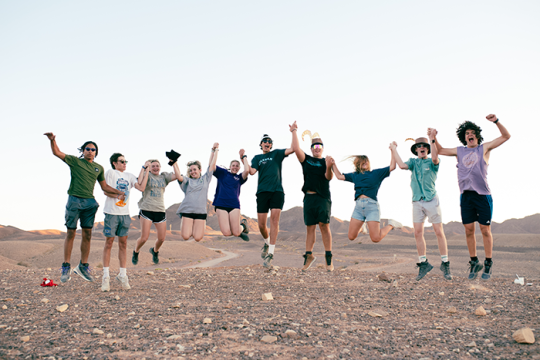
Empowering Tomorrow: The Enduring Impact of Youth & Teens in Reform Judaism's 150-Year Journey
